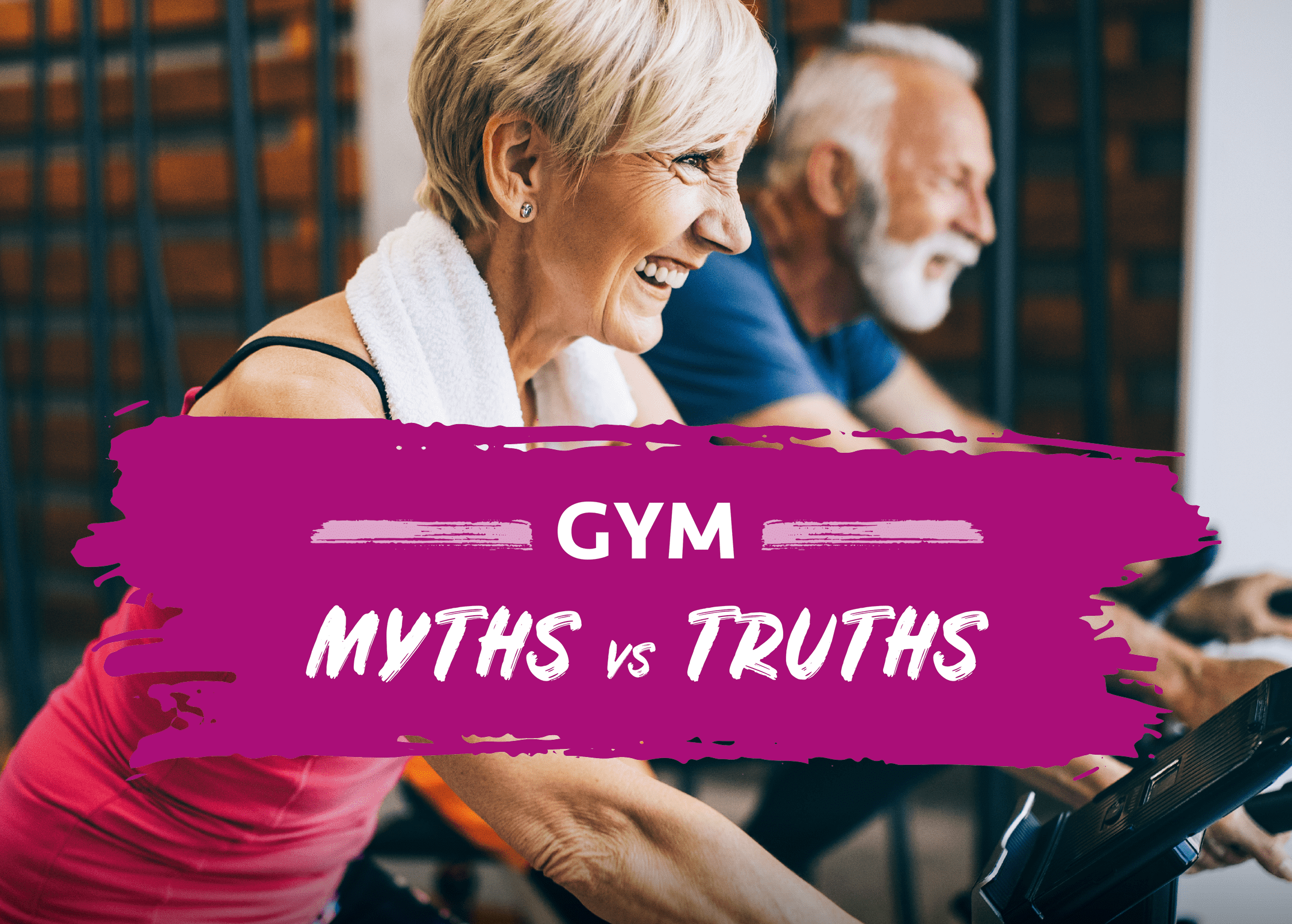During lockdown it is very tempting to get into the habit of comfort eating, breaking from your normal eating routine and snacking on high calorie, sugary foods but, a healthy, balanced diet can really help to not only improve your physical health but your mental health and wellbeing too.
It is important to eat a variety of vitamins and minerals to keep your body and mind healthy; here is a guide as to what foods will help you to improve your mood, give you more energy and help you to think more clearly.
What foods should you eat?
Omega-3 is great ‘brain food’ Oily fish contains Omega 3 fatty acids which help to improve short and long term memory helping the brain to function optimally. It also helps to reduce levels of anxiety. Walnuts contain Omega 3 if you don’t eat fish.
Eat at least five portions of fruit and veg a day, particularly those that are rich in antioxidants. These help to stabilise molecules called free radicals (found in pollution and cigarettes for example). These antioxidant foods have been found to assist in improving symptoms associated with anxiety and depression.
Vitamin D -this can be obtained through sunlight in spring and summer and it can be through diet. You can still get it even on a cloudy day so it’s important to go out for your daily walk. In the winter months, it is a good idea to take a supplement to top it up. Vitamin D deficiency is linked to low mood and depression.
Below is a list showing examples of where you can obtain these vitamins:
Vitamin A
- Carrots
- Kale
- Sweet Potato
- Liver
- Cod Liver Oil
Vitamin C
- Citrus Fruits
- Blackcurrants
- Green and Red Peppers
- Strawberries
- Raspberries
- Blackberries
Vitamin E
- Wholegrain
- Cereals
- Nuts
- Seeds
- Egg, Yolks
- Leafy Vegetables
Vitamin D
- Eggs
- Liver
- Seafood
- Mushrooms
Wholegrain carbohydrates such as brown rice, pasta and bread. Wholegrains contain an amino acid that helps to produce serotonin (the feel-good hormone) which can help to improve your mood and calm the mind.
Yoghurt can help to lower levels of stress due to probiotics. Make sure you look at the food label as some low-fat versions can be extremely high in sugar.
Green leafy vegetables like spinach and kale help can also help to improve your mood.
Beans and legumes such as chickpeas and lentils contain thiamine which is a vitamin that produces the neurotransmitter acetylcholine which is essential for good memory.
Protein contains amino acids which are chemicals your brain needs to regulate your thoughts and feelings. Eat a portion of protein at every meal, it can be found in milk, cheese, eggs, meat, fish, poultry, nuts, dried beans, peas and plant-based foods.
Keep hydrated, try to drink between 6-8 glasses of water a day.
Keep your blood sugar at a constant level so that you don’t feel tired, irritable and depressed. Eat at regular intervals, don’t skip meals and try not to snack on sugary food and drinks between meals.
What food should you avoid?
Limit your caffeine intake, it is a stimulant which means that it will give you a burst of energy but then it may make you feel anxious and depressed and keep you awake at night. Try changing to decaffeinated drinks.
Avoid eating too many foods that contain Trans Fats, you will find this in cakes, biscuits, pastries, chocolate which is very hard to resist if you are feeling low but it won’t be good for your mental and physical health in the long term.
There are some foods that react badly to medication for mental health. If you are taking medication and you are unsure or concerned about what food you should avoid, have a chat with your medication professional or a Pharmacist.
If you are eating alone, set up a phone or Zoom call with someone so that you can enjoy a meal together. This will help you to keep in contact with people and also encourage you to make a meal as when you are on your own it can be easy to grab a processed meal or, to not bother to eat at all. You could both try cooking a new recipe so that you are both eating the same meal and discussing how it looks and tastes.
Regular meals will help you to get the nutrients that your mind and body need which is another reason why it is important not to skip meals.



